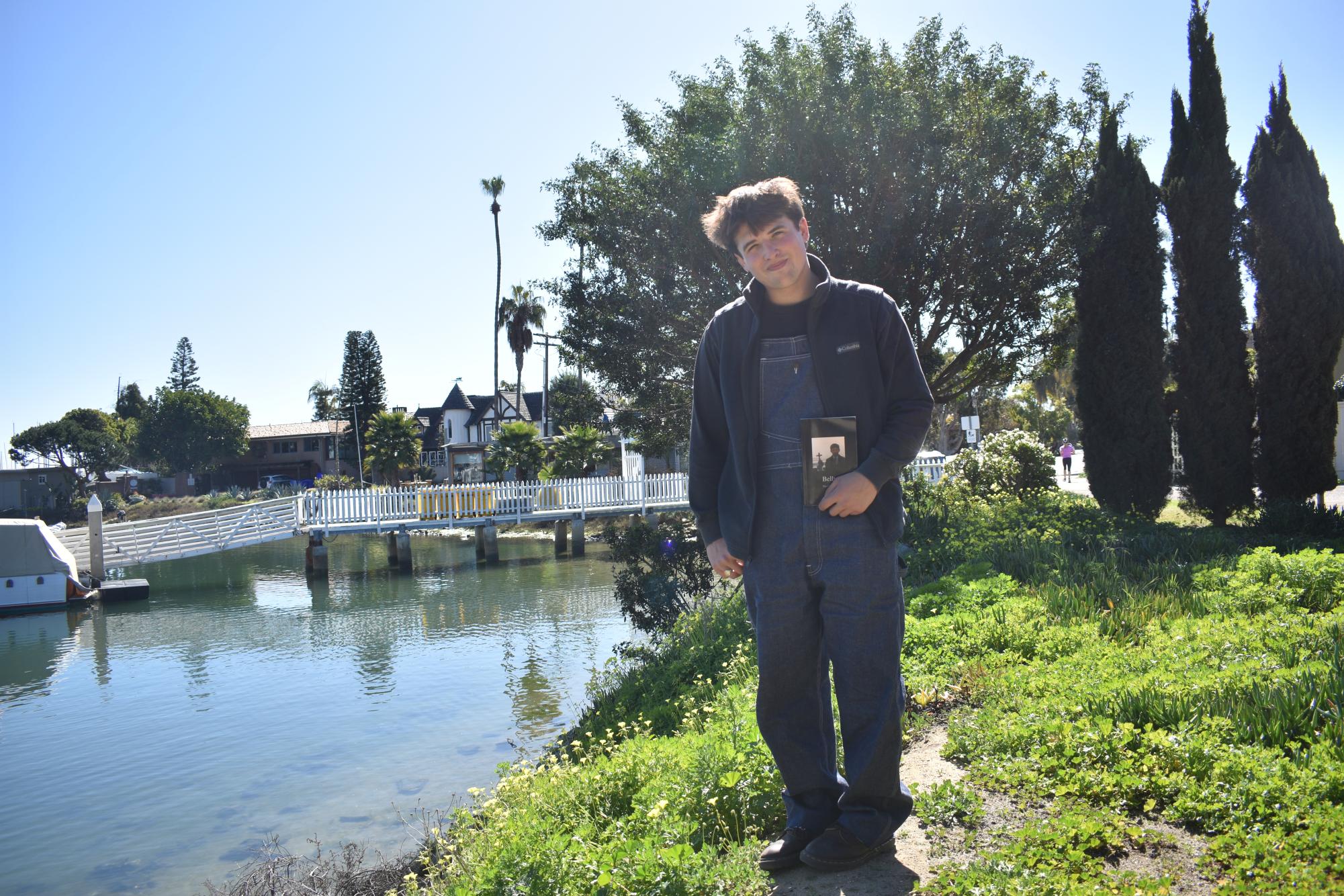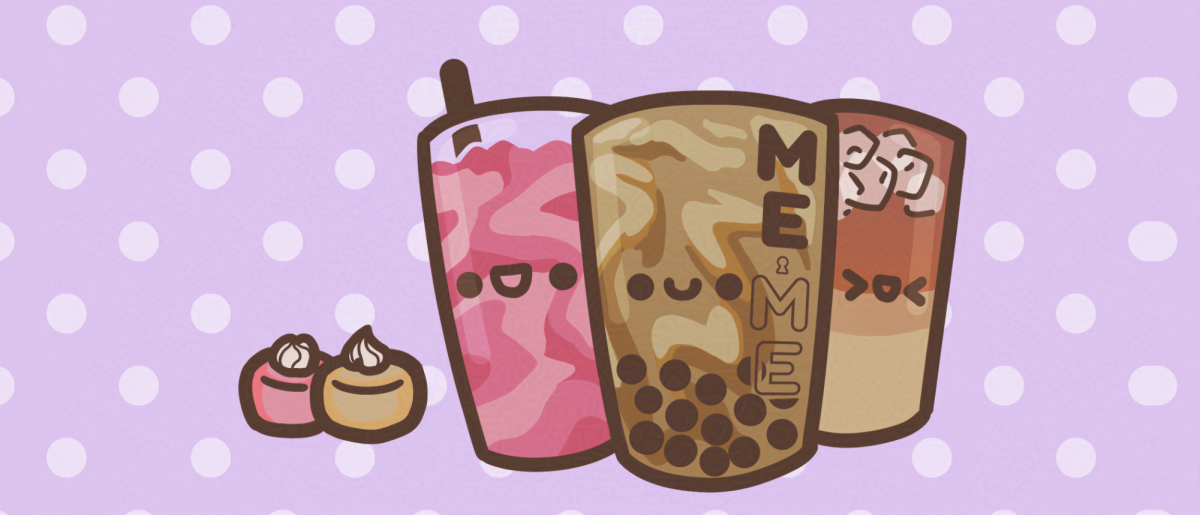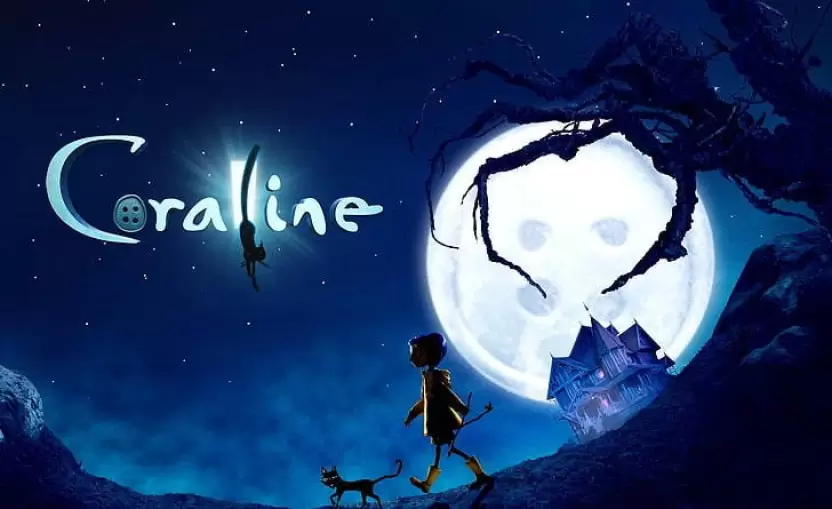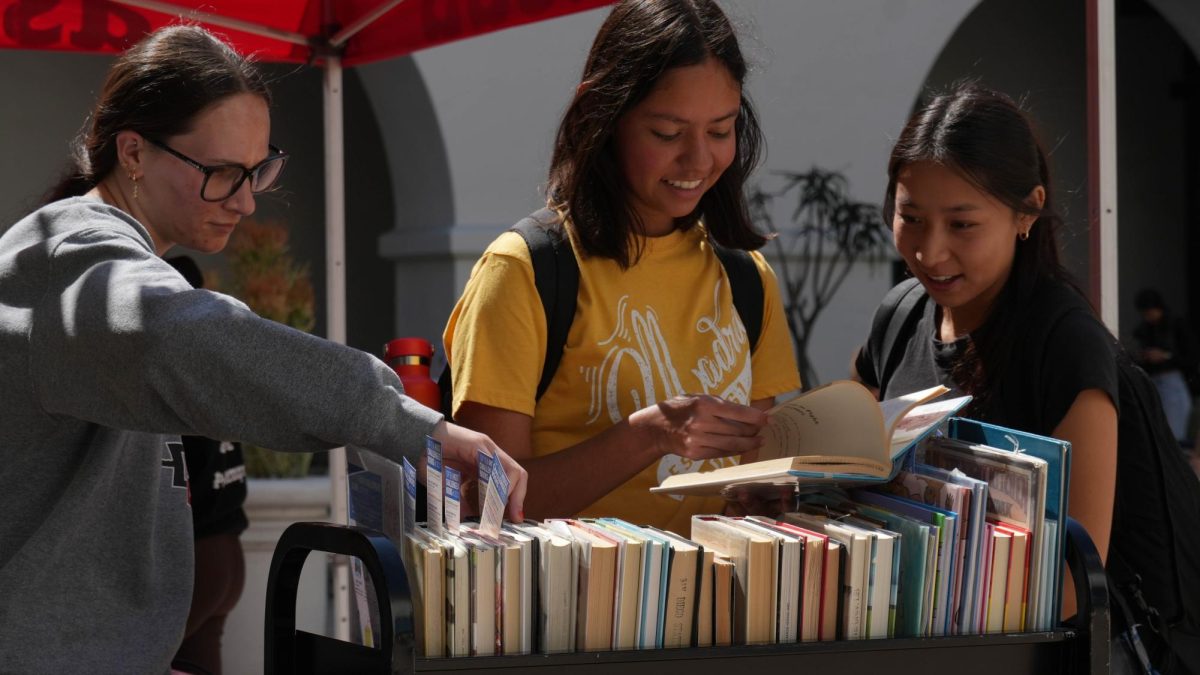Everyone has a passion, but not everyone may realize it. For some, passions can be obscured by our everyday routines, and those routines can feel impossible to break out of.
It can take a lot of confidence for a person to accept the risk of following the path of ambition. However, many of San Diego State University’s students have chosen to walk that path.
Nico Demers, a fourth-year English major, is one such student, and his decision to follow his heart into the world of poetry has earned him a 34.5k following on TikTok.
Ashtyn Mueller, a fourth-year English single subject teaching major, had Nico Demers in her Early American Literature class during her second year of college. When Mueller found out that Demers was already a published author, she felt inspired by his ability to make something of his passion.
“It was my first class after COVID in-person at college and I was like, ‘Oh my gosh, am I going to meet a bunch of published authors now?’” Mueller said. “Somebody was already making that step toward their future and their passions, and that was really exciting to see.”
Mueller described Demers as someone who “doesn’t really fit a category,” noting his eccentrism and willingness to speak his mind. These personality traits may seem to fit the typical script for artists and poets, but the road Demers took to becoming so outspoken is far from stereotypical.
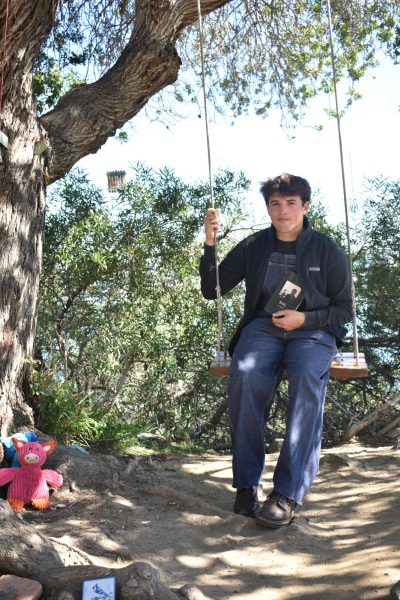
For many years, Demers was deeply ingrained in the world of wrestling. His fascination with the sport began early in his childhood.
“I was a pretty heavy set kid and I just really loved the idea of the techniques, and the moving around and learning how to fight with somebody,” Demers said. “I had built up a lot of anger from my parents’ divorce… and I found this outlet.”
As a wrestler, Demers felt immense pressure to cut his weight in order to fit the lightest weight class. His coach’s expectations took an enormous toll on his physical and mental health, but he felt that he had to keep his struggles to himself.
Demers slipped into a routine of quiet suffering and his condition spiraled out of his control.
“Nobody knows but I had an extreme eating disorder. I (was) severely anorexic, I (was) very bulimic,” Demers said. “Nothing was good for me and I (went) into this depression that was so, so deep.”
Demers finally found his breaking point when his coach poached him for the state championship. On the day of the match, Demers told his dad that he was done. He purposefully threw his match and woke up in a totally new state of mind.
“I woke up the next morning and I felt the sun milk through the window,” Demers said. “It’s hitting me in the face. There’s wind blowing through the window. There’s a little bug walking on the carpet. The sheets are really cold and the door’s open and it’s swinging in this beautiful way. I go outside and the leaves are fluttering around and I’m like, ‘Oh my God, I’m alive again.’”
Demers promised himself that he would never wrestle again. After spending his entire adolescence masking his severe physical and emotional suffering, he craved an outlet which would allow him to bare his soul.
Demers was introduced to spoken word poetry by an English teacher in his fourth year of high school.
He went on to discover Rudy Francisco, a famous spoken word poet from San Diego, who showed him that poetry would not only allow him to be vulnerable, but to wield vulnerability as “his sword.” Instead of trying to bury his frustration with wrestling, he weaponized his feelings toward the last several years of his life in order to create art.
“Everything in my writing is such a meditation on the body because of wrestling,” Demers said.
Demers now feels that he has written all that he needs to about wrestling, but the body remains the subject for much of Demers’ work. The artist known as “quinnie,” who is Demers’ long-term partner, cites Demers’ vulnerability and willingness to write within the frame of his struggles with his body as a major reason that his writing is so inspiring.
“(Demers’) poems are so important because they show young men that tenderness is okay, that insecurity is okay,” quinnie said.
The importance of his message, as well as his unique style and voice as a writer, ultimately led to his success on social media.
“I started gaining momentum through TikTok and it’s changed my life ever since,” Demers said. “I started posting all these poems that I’d just written scritch-scratch on my typewriter and they started blowing up.”
Demers produced each copy of his first two publications, “Crow” and “Guts,” on his typewriter. He mailed them out individually, taking payments directly through Venmo or Paypal. Since each copy was made separately, each one had its own set of idiosyncrasies.
However, as he drew a larger audience on TikTok, his publication process grew to become more conventional.
“Now, I have a bigger following… I’m like, ‘Okay, I probably should do this the right way,’” Demers said. “So I go through KDP Publishing and I buy an ISBN. I type out a manuscript, I edit it for like a few weeks. I banged (“Belly”) out pretty quick actually, I wrote it in a month.”
Demers named his latest publication “Belly” as an homage to his turbulent relationship with his body.
“It’s my greatest struggle,” Demers said. “It’s my greatest weapon. It’s my greatest release in the weirdest way. It’s everything pertaining to the lessons of my life, they all involve my body.”
Demers’ ability to break out of the damaging routine that he developed as a wrestler brought him into the realm of poetry.
The release of “Belly” signifies Demers’ reclamation of the years he spent suffering, as he uses his new passion to carve a beautiful future out of his troubled past.
To stay updated on his latest works, you can follow Demers at @bucknife_ on both TikTok and Instagram. You can also find his writing online on his website.


